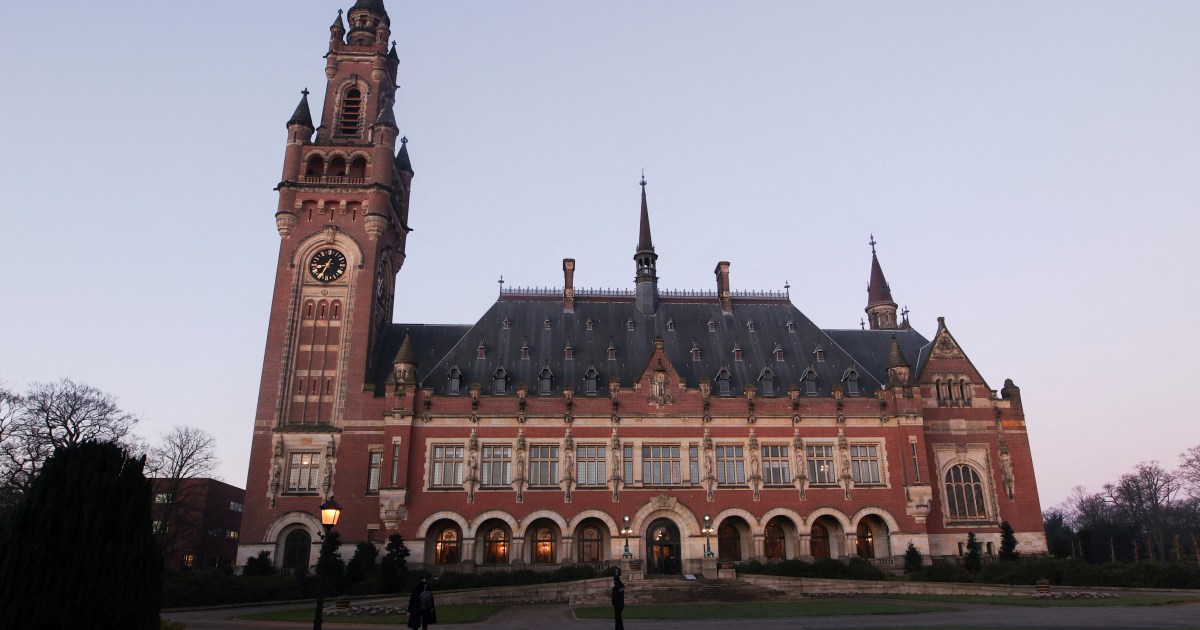The International Court of Justice (ICJ) has delivered a mixed ruling on the case filed by Ukraine against Russia, accusing Moscow of funding separatist rebels in eastern Ukraine a decade ago. The court rejected much of Ukraine’s claims but did acknowledge that Russia failed to investigate alleged breaches. Notably, the ICJ did not specifically address Russia’s responsibility for the shooting down of Malaysia Airlines flight MH17 over eastern Ukraine in 2014.
Ukraine labeled Russia a “terrorist state” for supporting pro-Russian separatists, seeking compensation for civilians affected by the conflict and victims of the MH17 tragedy. However, the ICJ declined most of Ukraine’s pleas, emphasizing only Russia’s failure to investigate alleged offenses.

The court clarified that only cash transfers could be considered as support for “terrorist” groups under the international convention on terrorism financing, excluding weapons or training camps.
Russia faced additional accusations of breaching an international convention on racial discrimination, particularly concerning its treatment of the Tatar minority and Ukrainian speakers in occupied Crimea. The ICJ found that Russia had not taken adequate measures to enable education in the Ukrainian language.
Despite the rulings, the ICJ’s judgments are final and without appeal, and the court lacks the means to enforce its decisions. The complex geopolitical and legal context of the case reflects the ongoing tensions between Ukraine and Russia.
Another significant ruling is anticipated on Friday, related to Ukraine’s accusation that Russia falsely applied the UN’s 1948 Genocide Convention to justify its invasion of Ukraine in February 2022.
These legal proceedings underscore the challenges in resolving complex international disputes through judicial mechanisms and highlight the broader implications for diplomatic relations between the involved nations.
I am an accomplished graduate of Strategic Studies, driven by a fervent dedication to comprehending global affairs and devising impactful strategies. Equipped with a comprehensive skill set encompassing research, critical thinking, and persuasive communication, I possess a distinctive viewpoint and an unwavering commitment to fostering inclusive decision-making processes. As a versatile individual, I excel in collaborating with diverse groups in various settings, leveraging my strong interpersonal abilities to adapt seamlessly to new environments and surmount any challenges that arise. With a passion for contributing to strategic initiatives, I am eager to leverage my expertise and drive to effect positive change within the field.










